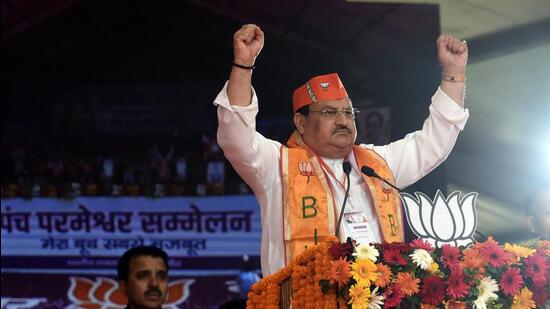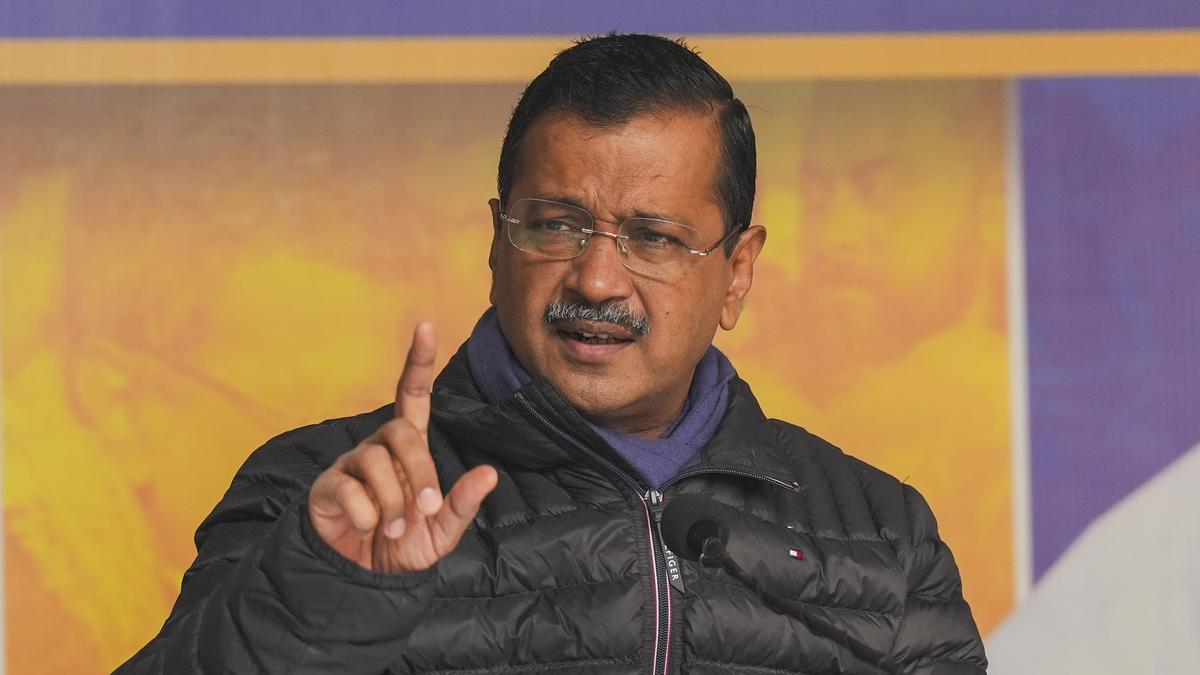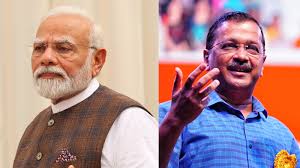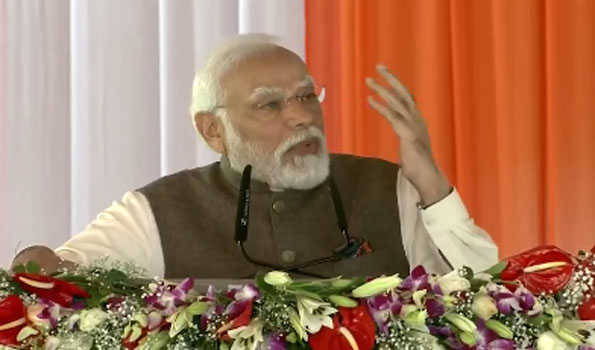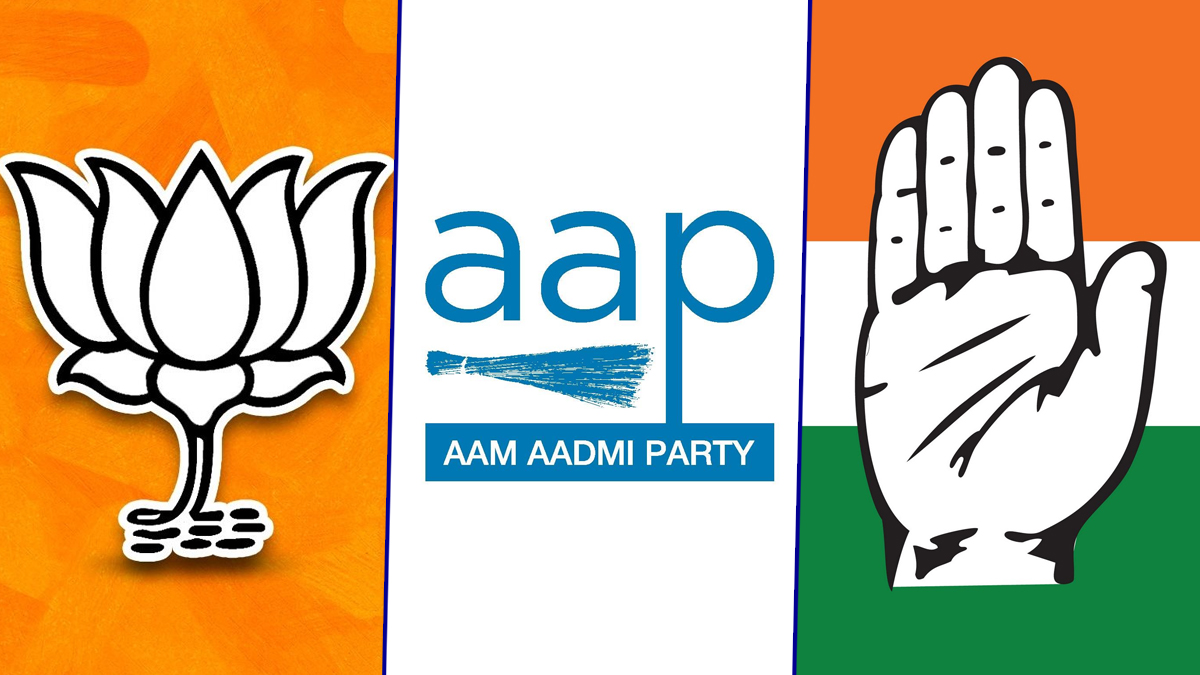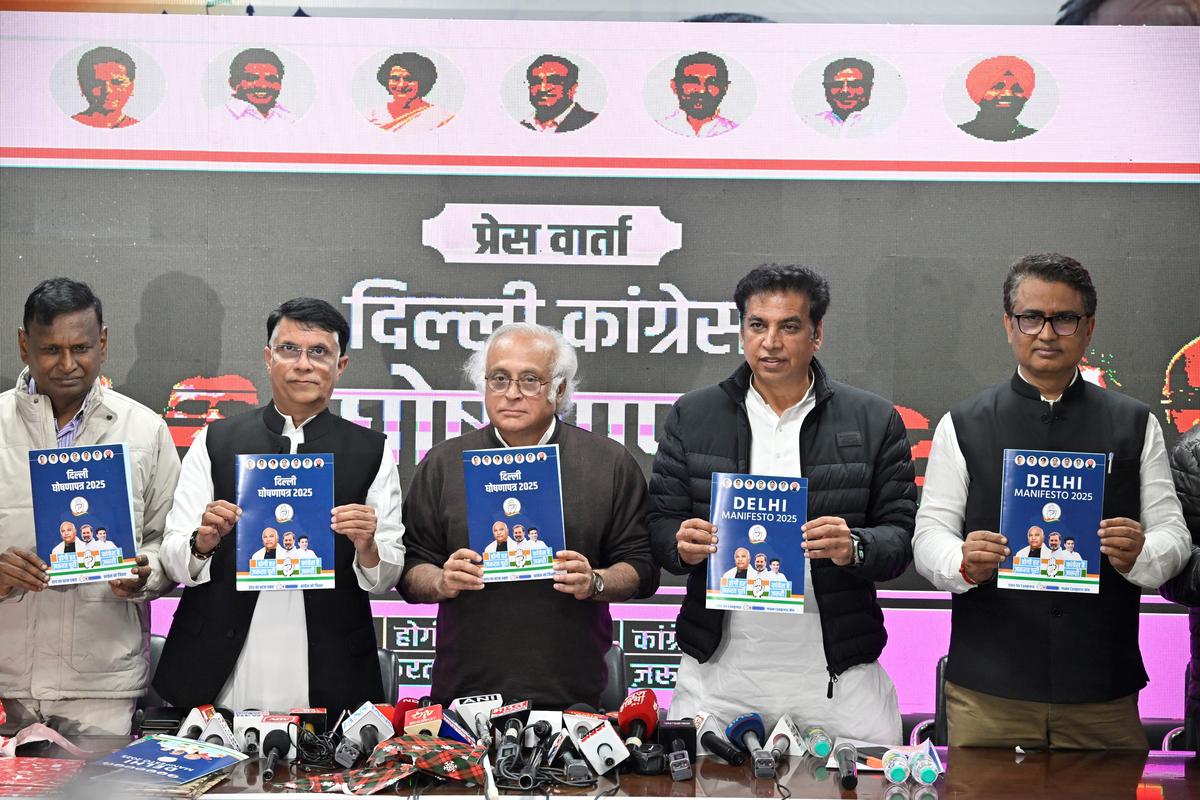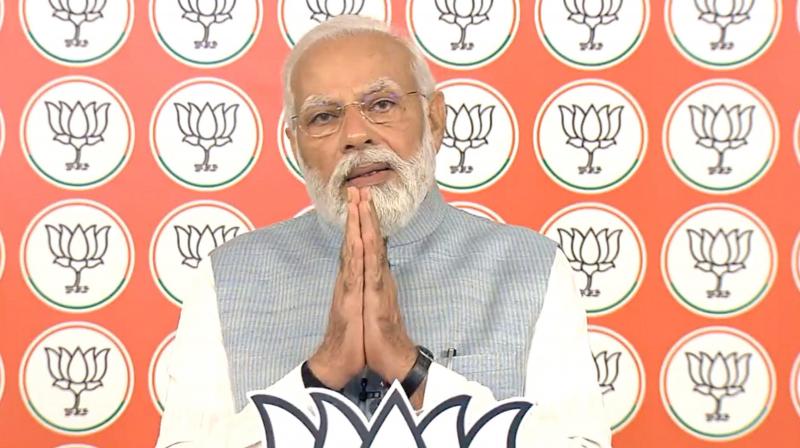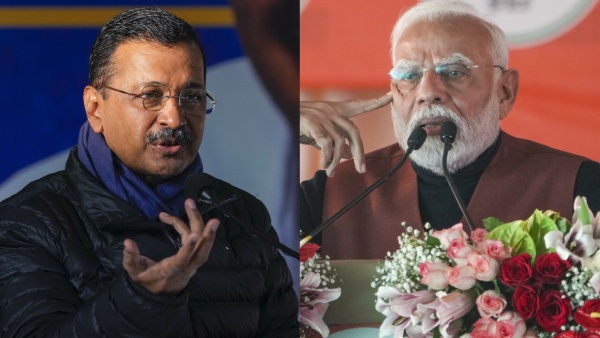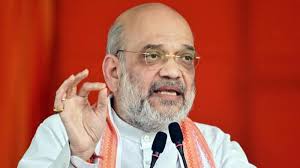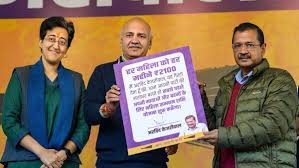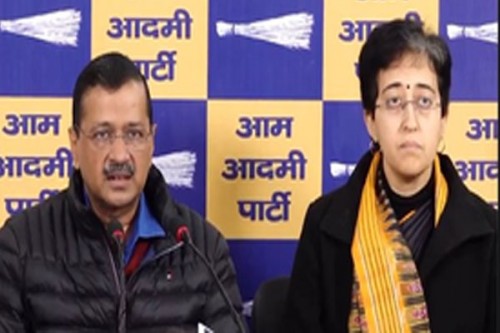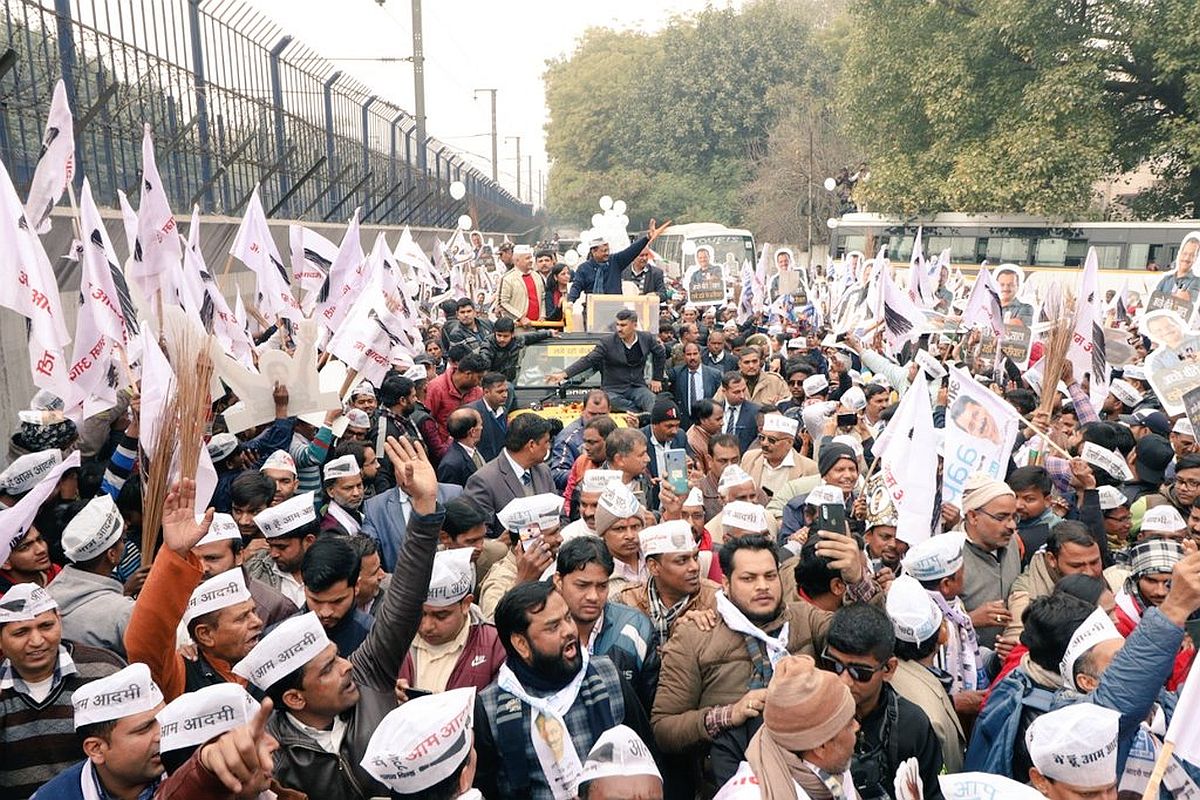Will Sasikala be CM? Supreme Court ruling in disproportionate assets case today
Tue 14 Feb 2017, 09:39:32
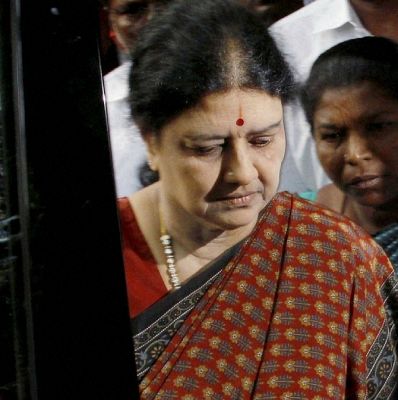
An adverse verdict can disqualify her from becoming a legislator and force Sasikala to look for another nominee. Such a scenario can work to Panneerselvam's advantage as he seeks to undercut Sasikala's strong grip over party MLAs+ .
There is a possibility that the verdict itself could be the cause for further suspense. A split verdict by the two-judge bench will mean the case is referred to a larger bench. Governor Vidyasagar Rao may then have to bank on attorney general Mukul Rohatgi's opinion delivered to him on Monday.
Sources said Rohatgi has suggested to the governor+ to summon a special session of the assembly "possibly within a week" and conduct a composite floor test to determine who enjoys the confidence of the House - Sasikala or Pannerselvam.
The case titled State of Karnataka vs Jayalalithaa and others, which includes the names of Sasikala and her relatives J Elavarasi and V N Sudhakaran, the disowned foster son of Jayalalithaa, is
listed for judgment on Tuesday at 10.30am before a bench of Justices P C Ghose and Amitava Roy.
listed for judgment on Tuesday at 10.30am before a bench of Justices P C Ghose and Amitava Roy.
Both judges will deliver separate judgments
The list of business in the causelist of SC mentions the names of both Justices Ghose and Roy, making it apparent that both would deliver separate judgments. If the judgments are concurring and favouring Sasikala's acquittal, then fortune could smile on her.
If the judgment upholds the trial court verdict convicting Sasikala and others, the odds against her becoming CM will rise steeply.
In case of a split verdict, the two-judge bench has to refer the case to a three-judge bench, which will have to hear arguments afresh before deciding whether the trial court or the high court was correct in its decision. The governor may then heed Rohatgi's opinion.
The SC had ordered a composite floor test in the UP assembly in 1998 to determine who enjoyed majority - Kalyan Singh or Jagdambika Pal.
No Comments For This Post, Be first to write a Comment.
Most viewed from Politics
AIMIM News
Latest Urdu News
Most Viewed
May 26, 2020
Do you think Canada-India relations will improve under New PM Mark Carney?
Latest Videos View All
Like Us
Home
About Us
Advertise With Us
All Polls
Epaper Archives
Privacy Policy
Contact Us
Download Etemaad App
© 2025 Etemaad Daily News, All Rights Reserved.

